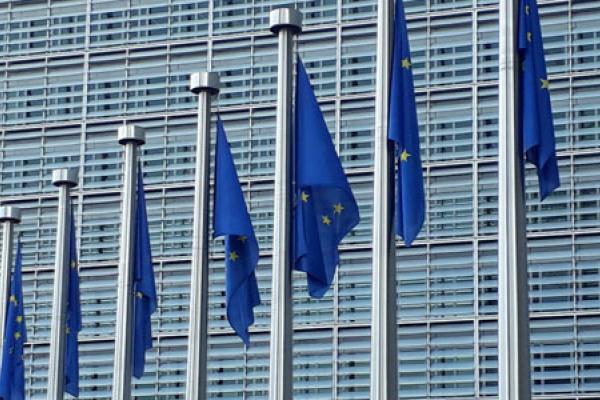
Smaller States' Strategies and Influence in an EU of 27: Lessons from Scotland
This is a joint SCER-University College London European Institute Policy Paper. It has been written in the context of the research and policy engagement project “Small states in the EU, lessons from Scotland”, led by the Scottish Centre on European Relations’ 2019-2020 in collaboration with the University College London European Institute under their Jean Monnet Centre of Excellence Programme 2019-2022, co-funded by the European Commission’s Erasmus+ Programme.
This paper analyses how smaller EU member states develop their European strategies and tactics, set priorities and build alliances, and sets out some lessons for Scotland’s European strategy. Overall, smaller and medium-sized member states can be influential in the EU but that requires a pro-active, carefully developed strategic approach. The paper draws on a set of interviews with diplomats and officials in smaller EU member states, the European Commission and the Scottish government.
Brexit Impact:
The UK’s departure from the EU has had substantial impact on the diverse and shifting alliances that characterise today’s Union. Many smaller states are reconsidering their approach to alliance-formation and networking both in general and in particular policy areas as a result. The internal market is one of the main areas where the UK’s departure has led to a re-think, especially amongst those states who were ‘like-minded’ with the UK on the internal market. But, more widely, the UK’s departure, having been one of the ‘big three’ in the EU, changes the power politics and networks across the 27.
Key Strategies and Tactics:
There are few policy areas where smaller EU states are on one side of a policy debate and the larger states (the big five of France, Germany, Italy, Poland and Spain) on the other. But smaller states want to have influence on the direction, and the detail, of EU policies and defend their interests. This requires a pro-active strategy, building alliances with states large and small – a strategy that goes beyond formal participation in EU institutions, vital though that is. Bringing expertise, getting views in early, proposing solutions not bringing problems, being alert to other member states’ priorities, looking for compromises, being persistence and investing resources in Brussels and in bilateral EU relationships, all this and more is how many smaller EU states look to participate in EU policy-formation and decision-making.
Informal Groupings:
With 27 member states, the EU can find it hard in some areas to get to consensus. Informal, like-minded groupings of member states – that may put in letters or statements ahead of summits, coordinate on positions and so on – are now common within the EU. There are like-minded groups on climate change and on the internal market, as well as ones clearly seen in the current EU budget debate, together with older and newer groupings such as the Visegrad 4 and the New Hanseatic League. These groupings can help drive policy forward and reach consensus, but used in too rigid a way, they can create blockage and division.
Climate and Industrial Strategy Leadership:
In the core areas of the European Green Deal and the debate over a new industrial strategy, smaller member states have been very active with the aim of influencing where these vital issues go next – Finland played a big role in its presidency at the end of 2019, and Sweden and Denmark are also seen as influential players in climate policy. The Netherlands, meanwhile, is seen generally as an important medium-sized player and one that may take up some of the free market leadership role previously played by the UK.
Lessons for Scotland:
There is much for Scotland to learn here despite being a sub-state within a third country, the UK, outside of the EU. It will be hard for Scotland to influence future EU developments from the outside. But bringing expertise, building long-standing bilateral relationships, participating in debates and stepping in early and constructively – whether in its current status as a sub-state within the UK or in future, perhaps, as an independent state in the EU – will all pay dividends.
